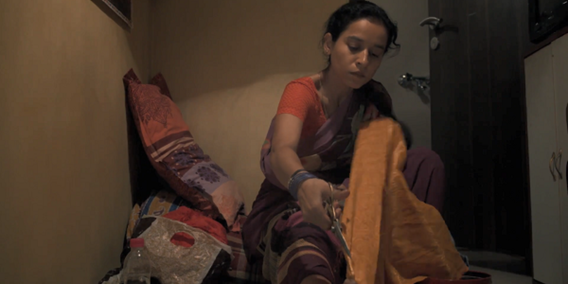We have all used this GIF at least once in our chats, whether it is to express shock, despair, or just plain melodrama.

- Rush them or hurry to fill in the silence.
- Ask about their sex life, or their partners, bodies, or surgery.
- Dismiss their reality as a phase, reaction to bad experiences, or “attention seeking behaviour”
- Take it personally or assume this means that they have a crush on you.
- Force them to come out to others.
- React immediately, instead, take your time to respond mindfully.
Listed below are some resources for your own use, or for you to share with anyone who you think would benefit from this information
-
https://thesafezoneproject.com/resources/courses/
-
https://open.buffer.com/lgbtqia-resources/
-
https://thesafezoneproject.com/resources/
-
https://issuu.com/humanrightscampaign/docs/straight-supporter_guide/24
-
https://www.hrc.org/explore/topic/allies
-
https://lgbtqia.ucdavis.edu/educated/ally-tips
Meet The Author:
-
 Unnati has an interesting knowledge of memes and Bollywood trivia. They likes to express themselves through their poetry, art, and dancing. Being a queer feminist, they change their hairstyle every few months as a way of breaking out of the dichotomy of gender, and reclaiming their own body. They are equally passionate about literature and biology as they are about mental health, and tries to keep acquiring new skills and information wherever they go.
Unnati has an interesting knowledge of memes and Bollywood trivia. They likes to express themselves through their poetry, art, and dancing. Being a queer feminist, they change their hairstyle every few months as a way of breaking out of the dichotomy of gender, and reclaiming their own body. They are equally passionate about literature and biology as they are about mental health, and tries to keep acquiring new skills and information wherever they go.







